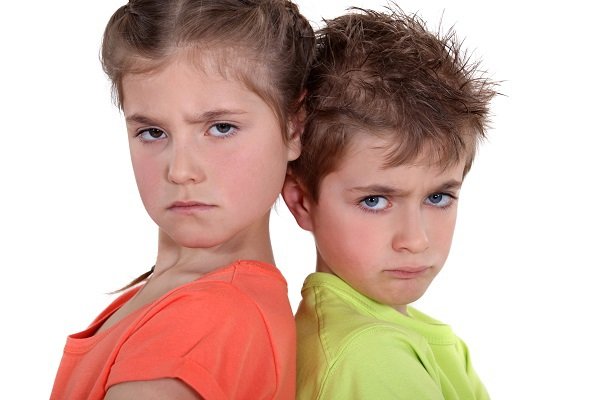How Divorce Affects Children at Different Developmental Stages
 Every parent who gets divorced thinks about how the divorce will affect his or her children. Some parents worry about the long-term effects of the divorce while others simply contemplate these effects and search for ways to handle them. If you have children, there is no way to keep them from thinking or feeling about your divorce. This is not necessarily a bad thing – how you support your children through the divorce and in the years beyond will determine the impact the divorce has on their lives.
Every parent who gets divorced thinks about how the divorce will affect his or her children. Some parents worry about the long-term effects of the divorce while others simply contemplate these effects and search for ways to handle them. If you have children, there is no way to keep them from thinking or feeling about your divorce. This is not necessarily a bad thing – how you support your children through the divorce and in the years beyond will determine the impact the divorce has on their lives.
Every child is unique, just like every divorce is unique. You know your child best and can probably predict how he or she will react to the divorce. To determine the best way for you to intervene as a parent, talk to your child’s pediatrician and consult online guides about your child’s mental and emotional stage. At different ages, children tend to handle their parents’ divorces differently due to their changing maturity levels.
Babies and Toddlers
Many parents mistakenly believe that their infants and toddlers will not be affected by their divorces, but this is untrue. Even young babies pick up on the tension their parents put out and can become irritable because of this stress. At this stage, the infant develops trust, and severing his or her sense of trust can cause the child to experience developmental delays.
A toddler might think that he or she caused his or her parents’ divorce and suffer anxiety as a result. In some cases, toddlers regress as a self-soothing mechanism.
Preschoolers
For children between the ages of three and five, a divorce is an end to everything they know and expect. Like toddlers, preschoolers can become anxious and regress as a way to self-soothe. At this stage, children think in concrete, egocentric terms and can feel that they caused a divorce.
Older Children and Pre-Teens
School age children can feel undermined and unsupported when their parents divorce. They might throw themselves into activities, relationships with friends, or fantasies they create to relieve themselves from having to face their realities. At this age, children can react with anger, panic, and criticism of parents and other adult figures. Some children, generally those between 11 and 13, withdraw and deny that anything is different in their lives in an attempt to appear strong and ambivalent.
Teenagers
Adolescents experience the same issues younger children experience amid their parents’ divorce, but at a deeper level. Issues surrounding feelings of abandonment, separation, and trust breaches can drive teenagers to become angry and seek comfort in drugs, alcohol, promiscuity, and other rebellious behavior.
For Experienced Representation Through your Divorce, Work with Draper Law Office
While you focus on making your divorce less stressful for your children, your lawyer is your advocate who can ensure that your rights are protected and your interests are promoted through the divorce process. To get started with a member of our team at Draper Law Office, call 866-767-4711 or visit us online to schedule your free, no-obligation legal consultation in one of our two office locations.






